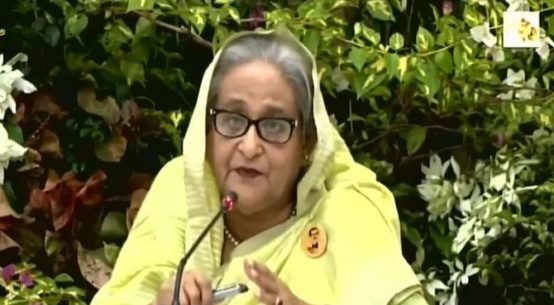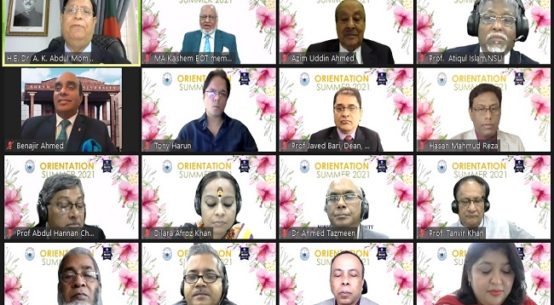
Parliamentary Standing Committee on Foreign Affairs has urged the UN agencies, international non-government organisations (INGOs) and NGOs involved in the Rohingya response to beef up their efforts to attract more support and keep international community’s attention on the Rohingya crisis.
The UN agencies, international non-government organisations (INGOs), NGOs, district administration, and security agencies of Cox’s Bazar met the committee members on Sunday.
The committee thanked them for their continued humanitarian support.
They sought cooperation of all so that the Rohingyas can return to Rakhine State at the earliest possible time to attain the ultimate solution of the Rohingya crisis.
The members of the standing committee had their second meeting in Cox’s Bazar.
Eight Members of Parliament, including the Chairman of the committee Dr AK Abdul Momen and Foreign Minister Dr Hasan Mahmud, joined the meeting.
The committee members visited Rohingya camps and the Khurushkul Special Ashrayan Project in Cox’s Bazar.
In the camps, they visited WFP food distribution centre, learning centre, registration centre, repatriation centers, and office of the Camp in Charge.
They also exchanged views with Rohingya representatives, where Rohingyas expressed a strong desire to return to Rakhine State.
Acting Foreign Secretary, officials of the Ministry of Foreign Affairs and the National Parliament attended the programme.
Referring to the visit of the members of the parliamentary standing committee on foreign affairs to the Rohingya camp, the foreign minister said that various problems have arisen due to the presence of the Rohingyas for a long time.
For example, he said, environmental problems caused by the Rohingyas, law and order problems, as well as many Rohingyas having been linked to Yaba and other drug trafficking and terrorist activities.
Saying that terrorist and fanatic groups are recruiting members from Rohingya camps, he said that not only problems are being created in the country, but also in the neighbouring countries due to the spread of terrorist networks.


